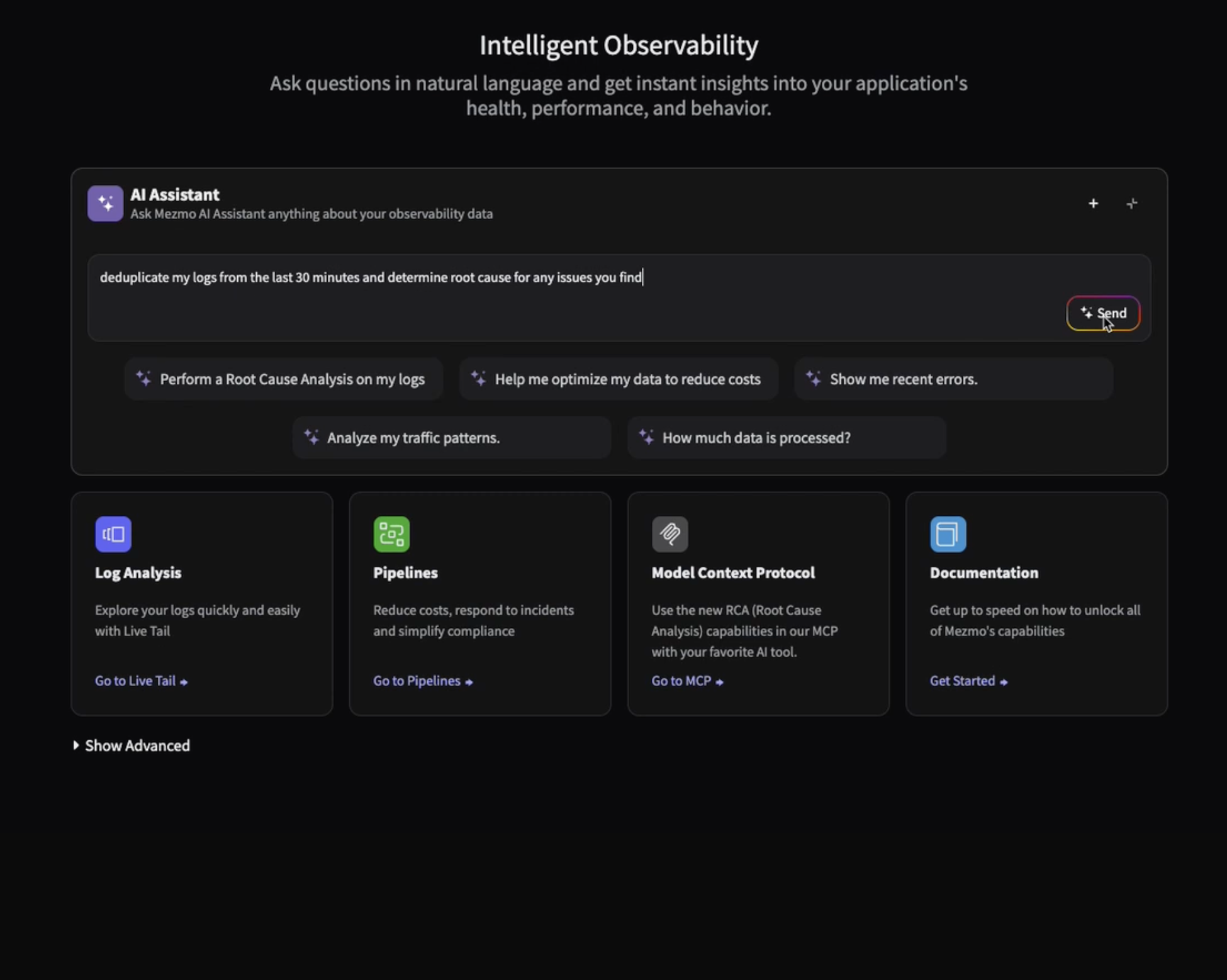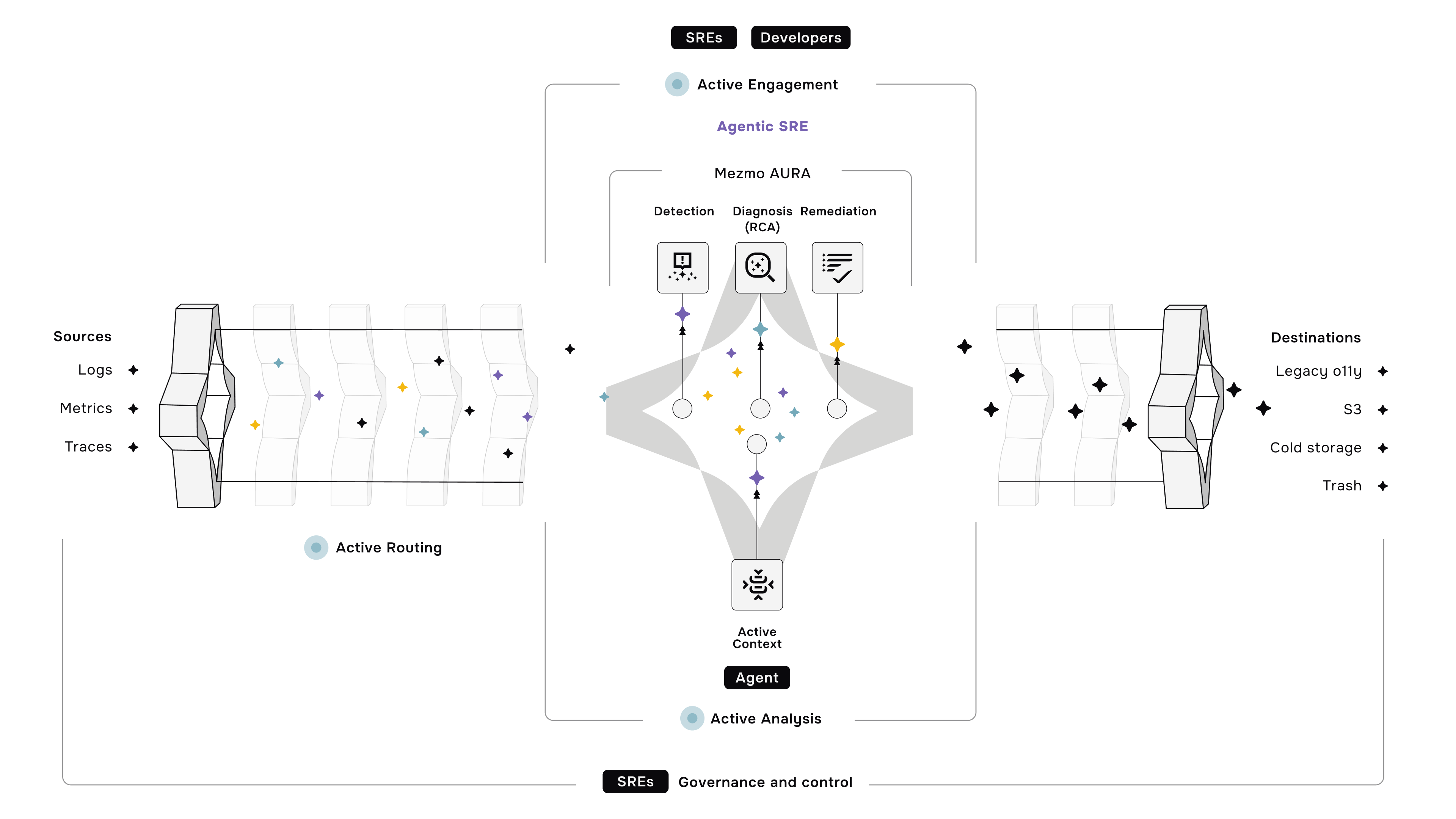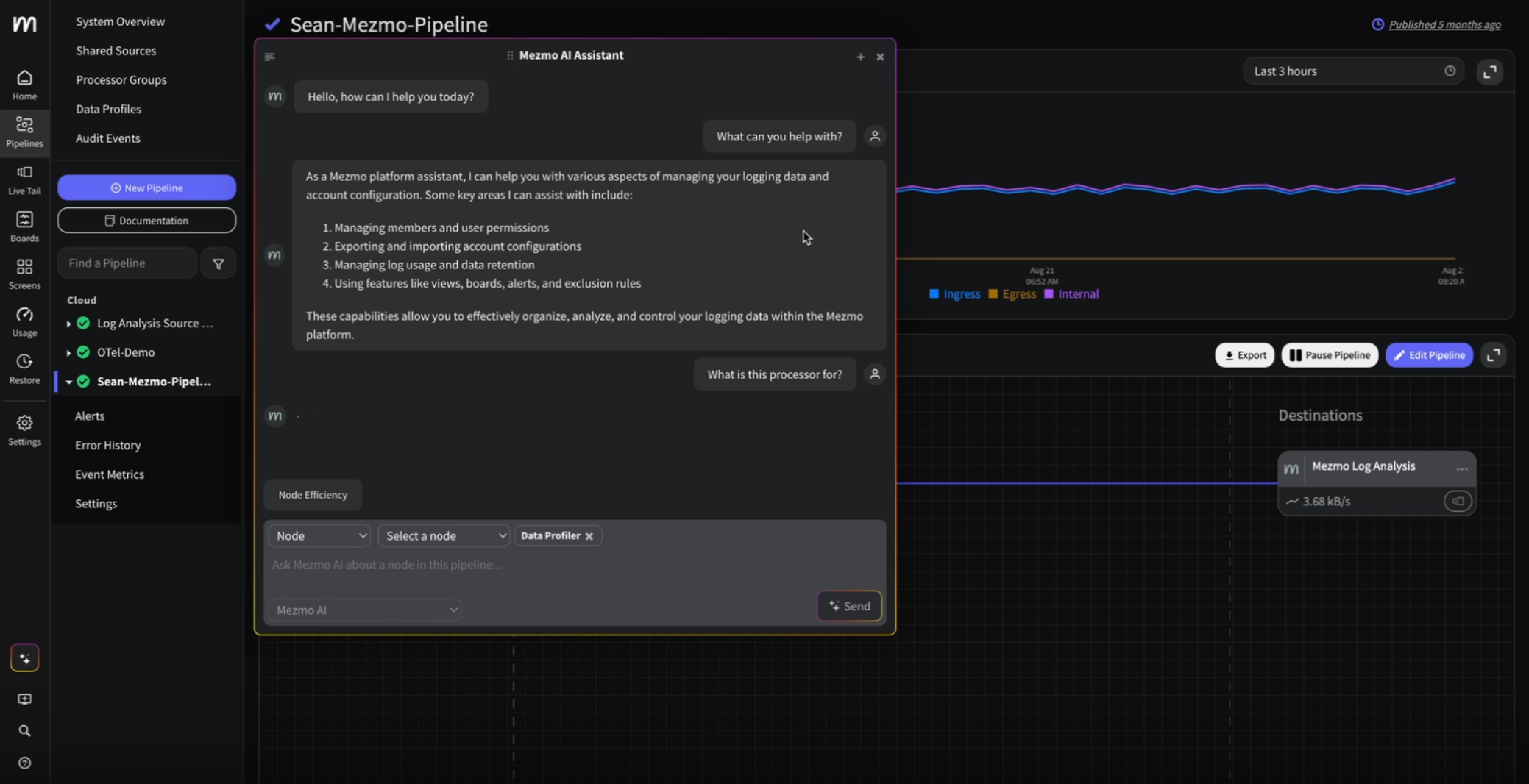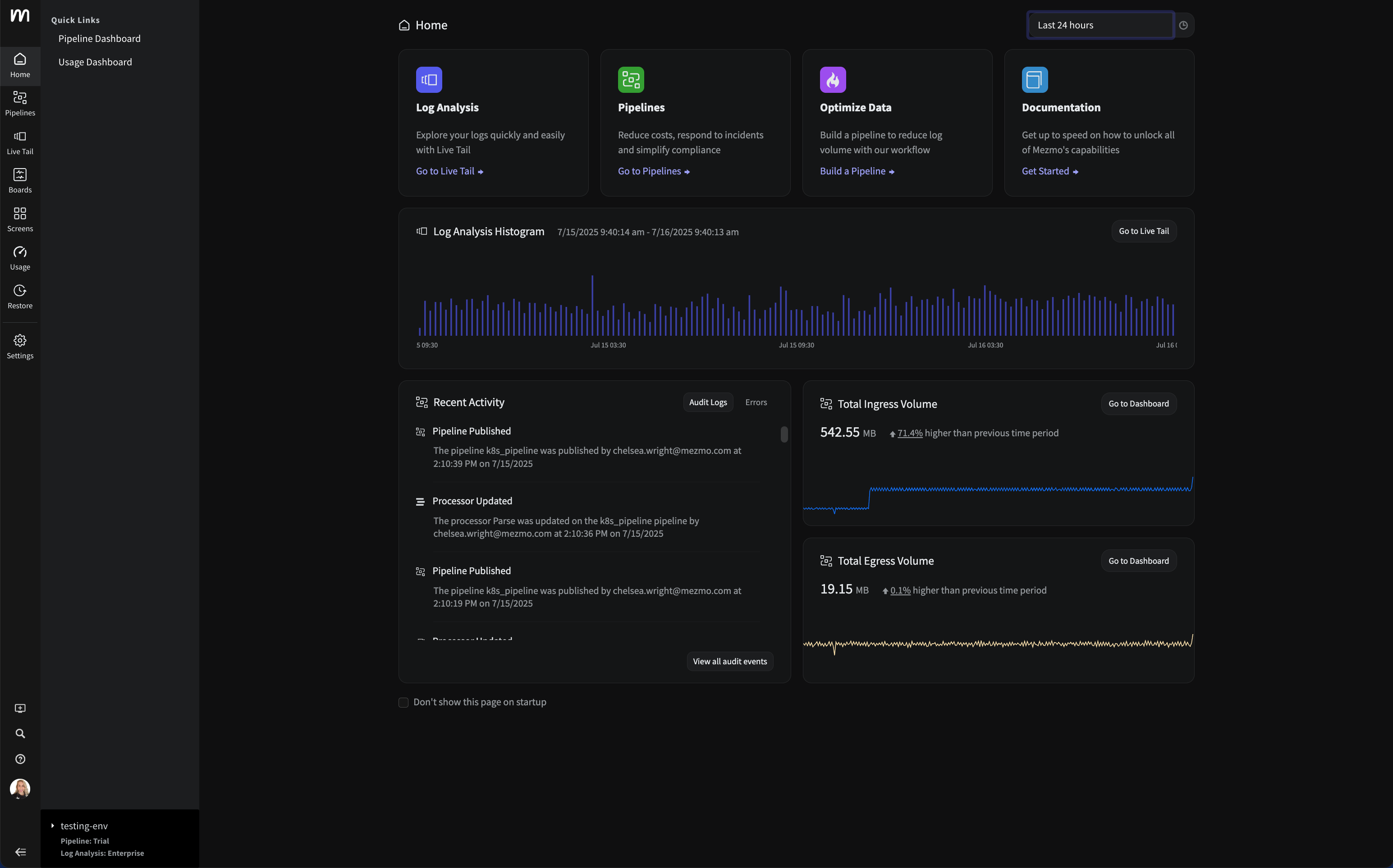Using SalesOps to Understand DevOps
When we talk about “ops,” we usually think of software development and DevOps. And while DevOps is an important topic, there are many other more established operations structures that are benefiting companies today. One of these is SalesOps
SalesOps—or sales operations—is a set of practices and policies designed to help sales teams run more effectively. It was developed by Xerox in the 1970s to take on, according to Xerox operations group leader J. Patrick Kelly, “all the nasty number things you don’t want to do, but need to do to make a great sales force.” Ultimately, the goal of SalesOps is to reduce friction in sales, develop long-term strategies and objectives, and increase sales team productivity.
In this post, we’ll take a deeper look at SalesOps and how it compares to DevOps.
What Exactly is SalesOps?
For companies to grow, their sales teams must have processes in place that enable and drive team members to sell more efficiently. This includes:
- Evaluating sales strategies and developing processes
- Measuring metrics, developing forecasts, and reviewing performance to ensure goals are being met
- Managing customer relationship management (CRM) tools and other supporting systems
Sales enablement, which focuses on the early stages of sales such as training and certification. SalesOps oversees process that support the later stages of sales, helping salespeople perform their everyday work more efficiently.
Organizations that implement SalesOps can see measurable benefits. In one McKinsey study, companies that build world-class sales operations saw one-time improvements in sales productivity of 20–30% in addition to sustained annual increases of 5–10%. Companies that invested less in sales supporting functions earned less in revenue, since all of the administrative work shifted back onto the sellers. While this study focused on companies with world-class sales operations, companies of all sizes can benefit from taking pressure off of their sales people.
How Are SalesOps and DevOps Similar?
At a high level, SalesOps and DevOps solve similar goals: helping their respective departments operate more efficiently by reducing friction and automating tasks whenever possible. This is accomplished through a combination of clearly-defined processes and supporting technologies. And where DevOps supports tasks including source code management, issue tracking, CI/CD, and monitoring, SalesOps supports tasks such as CRM, lead management, analyzing sales data, and reporting.
Constantly Evolving
An important quality of both SalesOps and DevOps is their need to constantly change. Sales today is much different than the “one and done deals” of the past. Organizations must constantly adapt to changing market conditions, customer preferences, and the overall business climate. This involves ongoing training, in-depth market analysis, and strategic development of sales goals and practices.
DevOps creates an accelerated pipeline between product change requests and their deployment to production. This lets engineers rapidly adapt not only to changes in the marketplace, but to changes in the software development industry. Likewise, SalesOps allows sales teams to quickly adapt to changing customer preferences, marketplace conditions, and sales strategies.
Tech-Driven
Although SalesOps is more focused on human processes rather than automation, it still benefits immensely from technology. Modern SalesOps leverages tools that provide:
- Customer outreach, engagement, and management
- Analysis of existing sales figures and revenue forecasting
- Sales team management and performance tracking
Traditionally, these tools required dedicated sales IT staff to deploy and maintain them. Today, more and more solutions are moving to a software as a service (SaaS) model. Tools like Salesforce, LeanData, Clari, and others allow sales teams to leverage them without the effort or cost of maintaining an on-premise solution. Not only does this take pressure off of salespeople and IT teams, but it gives sales teams the flexibility to process more data without being restricted by performance.
How are SalesOps and DevOps Different?
SalesOps was originally developed nearly 50 years ago, around the same time that microcomputers became commercially available. While it’s adapted to more modern business practices, it’s still rooted in a time before personal and cloud computing, high-speed Internet, and big data. As a result, it puts a much stronger emphasis on human processes rather than technology. Technology still plays an important role, but that role is strictly to support the sales team by taking over certain tasks and providing valuable insights.
Conclusion
SalesOps may not have the public spotlight that DevOps has, but that doesn’t make it any less important. Improving sales operations and processes can contribute directly towards more efficient and motivated salespeople, a better understanding of the market, and increased revenue.
You can learn more about SalesOps you can read the following articles:
- Looking Beyond Technology to Drive Sales Operations (McKinsey)
- Sales Operations: The Ultimate Guide (HubSpot)
- Why SalesOps Is So Hard to Get Right (Harvard Business Review)
Learn more about DevOps with the following resources:
- How to become a DevOps Engineer in 6 months
- What is DevOps - Written by AWS
- What is DevOps - Written by LogDNA
- How to Become a DevOps Engineer - Written by Built In


.png)


.jpg)












.png)
























.png)





























































